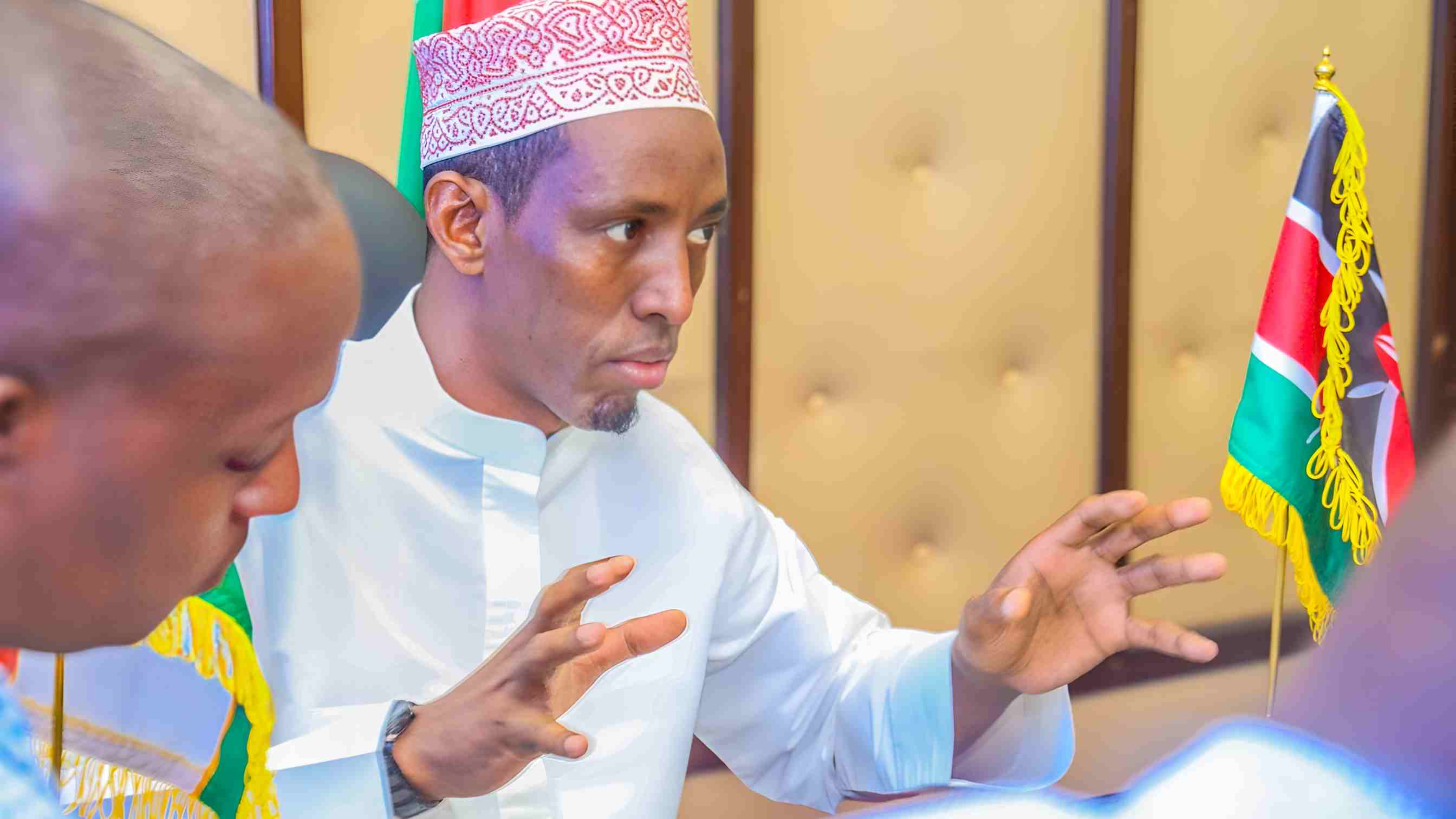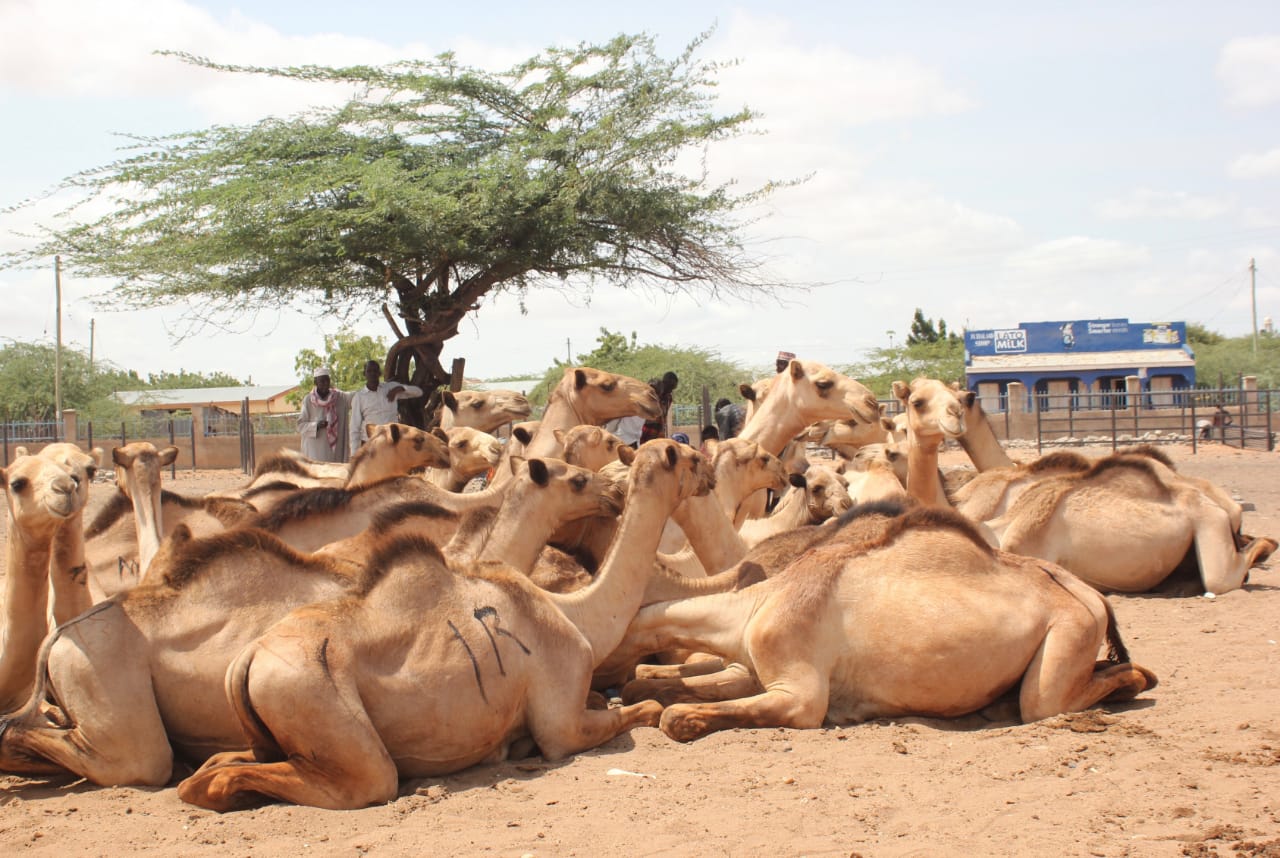Wajir Deputy Governor: Livestock is Kenya’s economic backbone, not just tea and coffee

He stated that the livestock sector requires the same level of attention and substantial funding from the presidency as is given to the tea and coffee value chains.
Wajir Deputy Governor Ahmed Muhumed (Caato) has called on the national government to increase funding for the Livestock sector, driving the economy in arid and semi-arid lands (ASALs).
He stated that the livestock sector requires the same level of attention and substantial funding from the presidency as is given to the tea and coffee value chains.
He expressed concern over the proposed budget allocation for the Livestock Development and Marketing Board in the upcoming financial year.
He noted the funds are insufficient compared to funding allocated to other agricultural value chains like tea and coffee.
"It pales in comparison to what funding is given to the other value chains," he observed.
He pressed the national government to focus on the agro-livestock sector and funds channeled through the Livestock Development and Marketing Board.
Caato pressed for stronger coordination in developing, promoting, and marketing livestock and its products locally and internationally in an interview with Radio Generation.
 Camels for sale at Garissa Livestock Market. PHOTO/ Courtesy
Camels for sale at Garissa Livestock Market. PHOTO/ Courtesy
He said livestock plays a pivotal and irreplaceable role as the economic backbone of Northern Kenya.
It sustains livelihoods, drives local commerce, and serves as a key asset in both cultural identity and food security.
He stressed that more needs to be done to ensure the primary source of income, nutrition, and socio-economic resilience for millions of households is secured.
Caato is demanding the promotion of strategies for value addition before the export of livestock products from the region.
He asked the Council of Governors (COG) to leverage its positions to advocate for increased financial support for the pastoralist communities.
DG Caato emphasized the need for increased investment across the entire livestock value chain—including production, processing, marketing, grading, storage, collection, and transportation—to enhance the sector's efficiency and economic impact.
In May, Principal Secretary for the State Department of Livestock Development, Mr. Jonathan Mueke, cited critical underfunding of the state agency.
He appealed to the National Assembly Committee on Agriculture and Livestock for increased budgetary allocation for the 2025/2026 financial year.
PS Mueke reported that the current budgetary allocation falls short of the department’s needs.
The State Department has been allocated a total of Sh9.986 billion, with Sh5.07 billion for recurrent expenditure and Sh4.916 billion for development expenditure.
However, the actual requirement stands at Sh29.539 billion — Sh6.785 billion for recurrent needs and Sh22.755 billion for development.
This translates to a shortfall of Sh1.714 billion in recurrent expenditure and Sh17.839 billion in development funding.
"These budget cuts have severely affected our ability to deliver on our core mandate and are likely to cause delays in the completion of key projects," Mueke told the committee.
